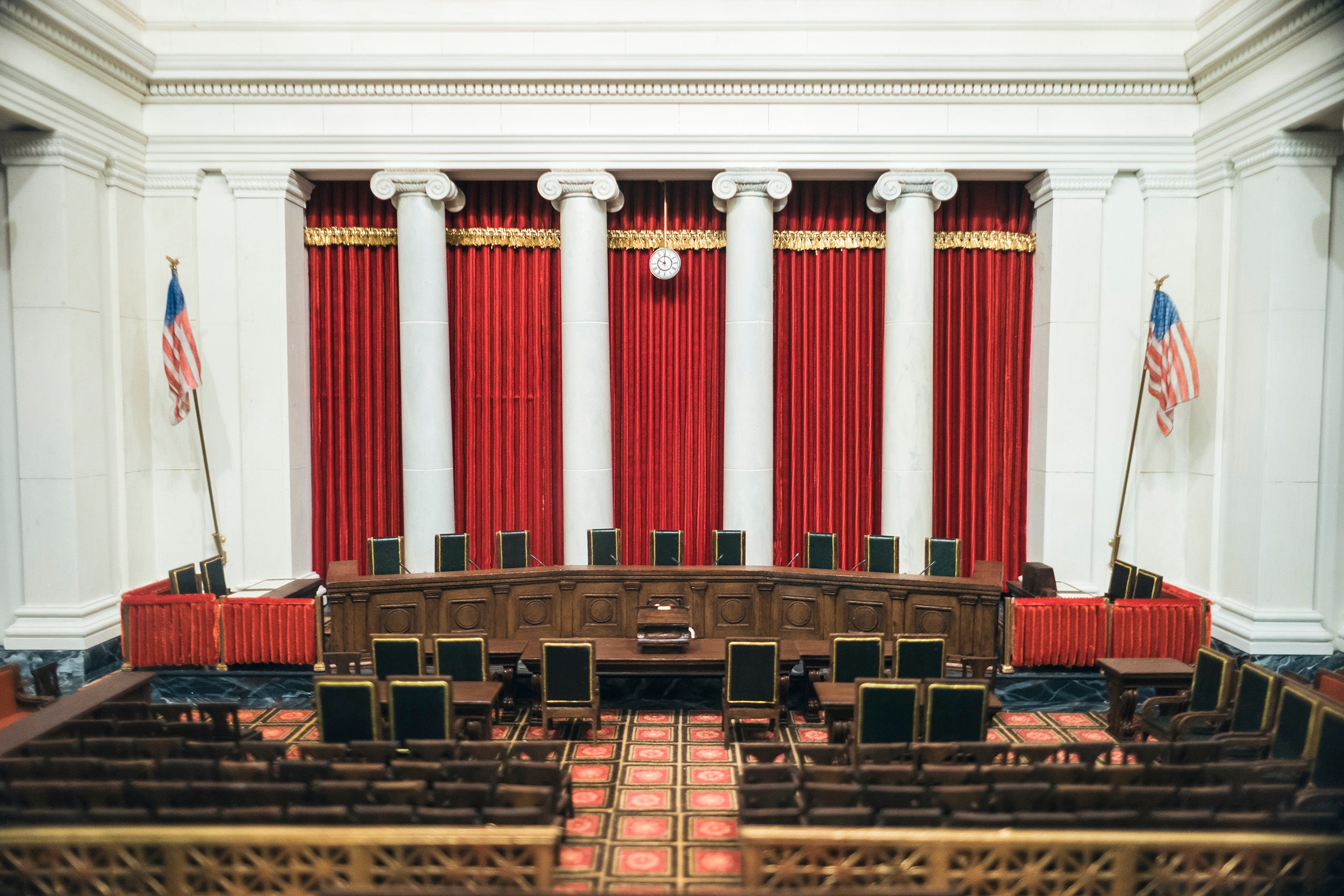As part of a series examining the first year of the Biden presidency, Harvard Law Today asked Professor Emeritus Mark Tushnet to share his thoughts, which appear below, on the administration’s successes and failures in addressing the challenges facing the federal court system.

In its first year the Biden administration did a remarkable job in appointing new federal judges. Its nominees were highly diverse not only in standard demographic terms such as gender and ethnicity but also with respect to legal experience: more public defenders than ever before, nominees with backgrounds in public interest and labor-side labor law. The administration focused on politically “easy” appointments, where vacancies arose in states with Democratic Senators, and the pace will slow as the administration moves on to fill openings in states whose Senators are Republican.
Fulfilling a promise made during the presidential campaign, mostly to allay pressure from progressives, the President appointed a bipartisan commission to “study” Supreme Court reforms. The Commission was charged only with laying out options and describing arguments, not with making recommendations (something its composition probably precluded anyway). The Commission’s initial draft ran into a buzzsaw of critical commentary, again mostly from progressives, that it was strongly tilted against major reforms. The final report was indeed more balanced. Despite the fact that major legislative changes dealing with the Court are unlikely, if only because of the filibuster in the Senate, the Commission and its report appear to have opened space for serious discussions of ideas like Court “expansion/packing” and term limits for Supreme Court justices that previously had been relegated to the margins.
Finally, one lost opportunity has been failing to respond to arguments, coming from federal judges among others, that the nation needs more federal judges to deal with increasing caseloads.
Read the series Weighing President Biden’s first year
